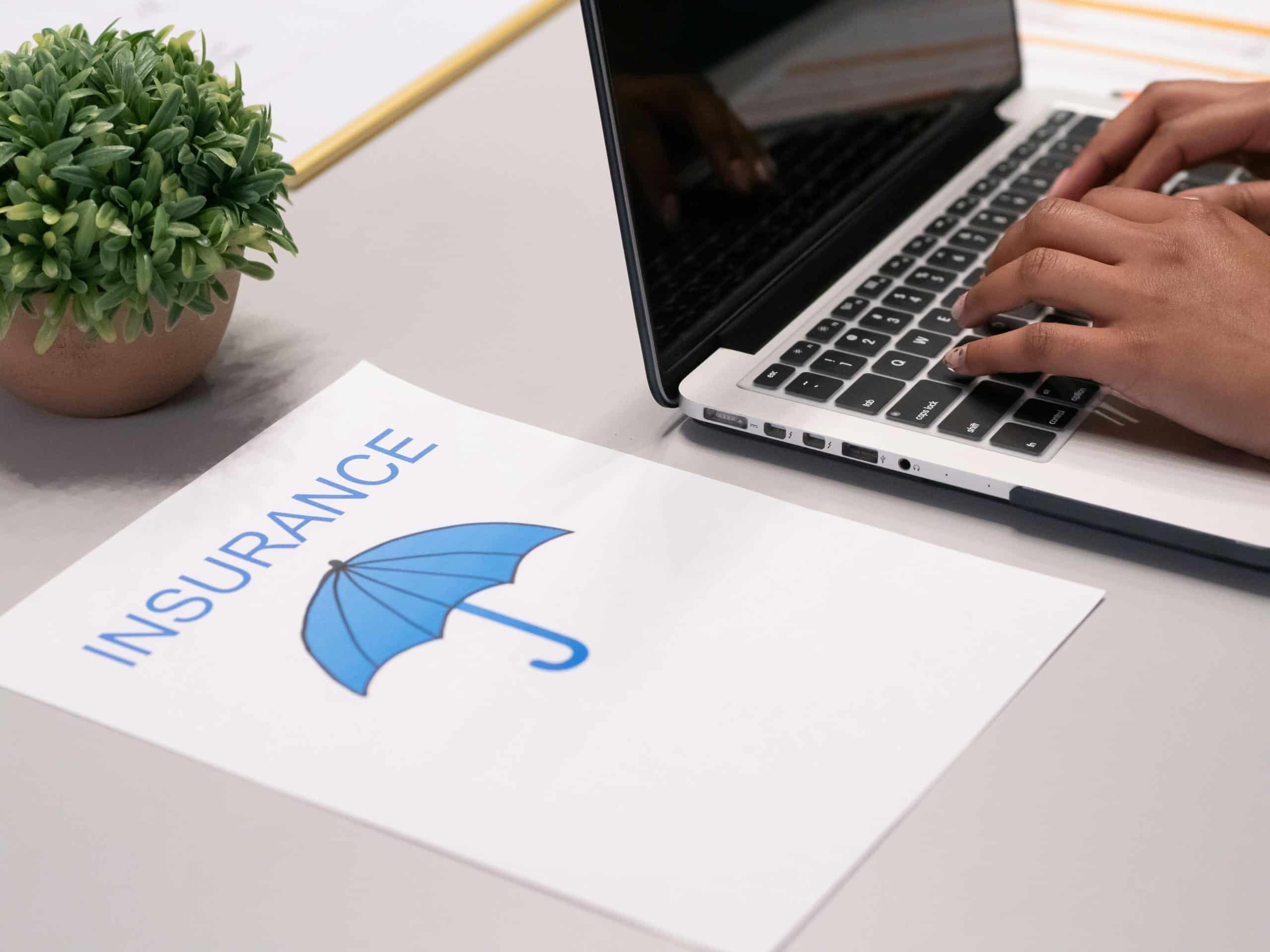Book bans are generally prompted by interested parties issuing complaints. Complaints filed formally in writing requesting book removal are called book challenges. A book is considered banned if it is removed from circulation. There is a set procedure for challenging and banning books. This procedure is often not followed.
One particular area of discussion is whether book bans are allowed under the First Amendment. This amendment protects the freedom to express ideas and the freedom to interact with ideas. In particular, these freedoms are protected within public institutions such as libraries. An event that pushes back against book banning is Banned Books Week. This annual event has taken place since 1982.
Details of the First Amendment
The United States Constitution’s First Amendment protects the right to express ideas. It also protects the right to learn about ideas. The text of the First Amendment states: “Congress shall make no law… abridging the freedom of speech.” The First Amendment also prohibits inhibiting what members of the press can write and publish. The First Amendment has been commonly interpreted to protect various forms of expression. For instance, music, art, and literature are generally considered protected from censorship by the government.
Book Challenges and Book Bans
Book challenges are requests or attempts to have books removed from availability. Book bans are actions taken in which books are removed. The New Jersey State Bar Foundation presents an overview provided by the American Library Association (ALA) and the National Coalition Against Censorship (NCAC). This overview describes guidelines for challenging a book.
Generally, the process for challenging a book should involve an officially filed written document. This document should be reviewed by a committee of community members and book experts. The guidelines advise not removing challenged books from circulation while a review is in process. Until there is a decision, the challenged books should be available for reading. These guidelines are not always followed. In research by PEN America, 98% of book bans examined did not follow these procedures.
Books Currently Banned
The organization PEN America, concerned about protecting free expression rights, is worried about book bans. According to PEN America, in public schools, since 2021, almost 16,000 book bans have occurred. Over 10,000 of these bans took place between 2023 and 2024. The book bans of 2023-2024 focused on over 4,000 different books.
The dystopian novel The Handmaid’s Tale by Margaret Atwood is one commonly-banned book. It was banned sixty-seven times in the 2023-2024 school year alone. The YA novel The Perks of Being A Wallflower by Stephen Chbosky is another. This book was banned eighty-five times during the 2023-2024 school year.
About Book Bans and the First Amendment
Book bans are a topic of invested conversation. One conversational theme is the relationship between book bans and the First Amendment. Free expression and information consumption within public institutions are generally protected by the First Amendment. However, according to the ALA, there have been legal disputes about public library book choices.
These arguments often concern access to books within these public institutions. For instance, individuals may issue complaints about the content of specific books. These conflicts can lead to book bans. Professor David L. Hudson Jr. states that banning books conflicts with a First Amendment provision. The First Amendment protects the right to engage with information.
Banned Books Week
Perhaps you are interested in learning more about banned books and censorship. If so, you may want to check out Banned Books Week. Banned Books Week in 2025 will happen from October 4 to October 11. This is a yearly event. The First Banned Books Week was held in 1982. This event is supported by organizations focusing on reading and freedom of expression. Organizations involved include the American Library Association and Amnesty International USA. The event advocates for informational accessibility.








